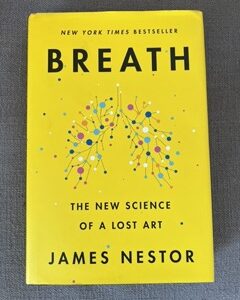Anxiety is defined by Wikipedia as “a psychological and physiological state characterized by somatic, emotional, cognitive, and behavioral components. It is the displeasing feeling of fear and concern.” Frederick Perls defined anxiety as constricted excitement (1951). There are many ways to work with anxiety and it often can be helpful to determine what may be the underlying cause of the anxiety. Using Gestalt and EMDR can be used in managing the feelings that arise psychologically and physiologically. EMDR can also be great when working with panic attacks. Below is a list of the possible physical, emotional, cognitive and behavioral effects of anxiety:
Physical Effects: The physical effects of anxiety may include heart palpitations, tachycardia, muscle weakness and tension, fatigue, nausea, chest pain, shortness of breath, stomach aches, or headaches. Although not everyone has them, panic attacks are a symptom of anxiety.
Emotional Effects: The emotional effects of anxiety may include a feeling of apprehension or dread, trouble concentrating, feeling tense or jumpy, anticipating the worst, irritability, restlessness, waiting for something bad to happen, loss of recent memory, nightmares and/or bad dreams, obsessions about sensations, and feeling like everything is scary.
Cognitive Effects: The cognitive effects of anxiety may include thoughts about suspected dangers, such as fear of dying. The physical effects may trigger a person into believing that they may have a heart attack, that they are dying or some thought that something bad is going to happen to them.
Behavioral Effects: The behavioral effects of anxiety may include withdrawal from situations that have provoked anxiety in the past. Anxiety can also be experienced in ways that include changes in sleeping patterns, nervous habits, and increased motor tension like foot tapping. (http://en.wikipedia.org/wiki/Anxiety)
Symptoms of anxiety can be reduced through work in therapy. Please contact us for more information.
Sources:
Perls, F. S., Hefferline, R. F., Goodman, P. (1951). Gestalt Therapy. New York: Julian Press, Inc.
Contact Us Today!
If you are interested in setting up a session with Dr. Davis, please call today at 303-919-4149. You may also send an email using the form below. Dr. Davis will try to respond to your email as soon as she is able during weekdays. If you have not heard from her, please check your spam folder to make sure you did not miss her reply.






